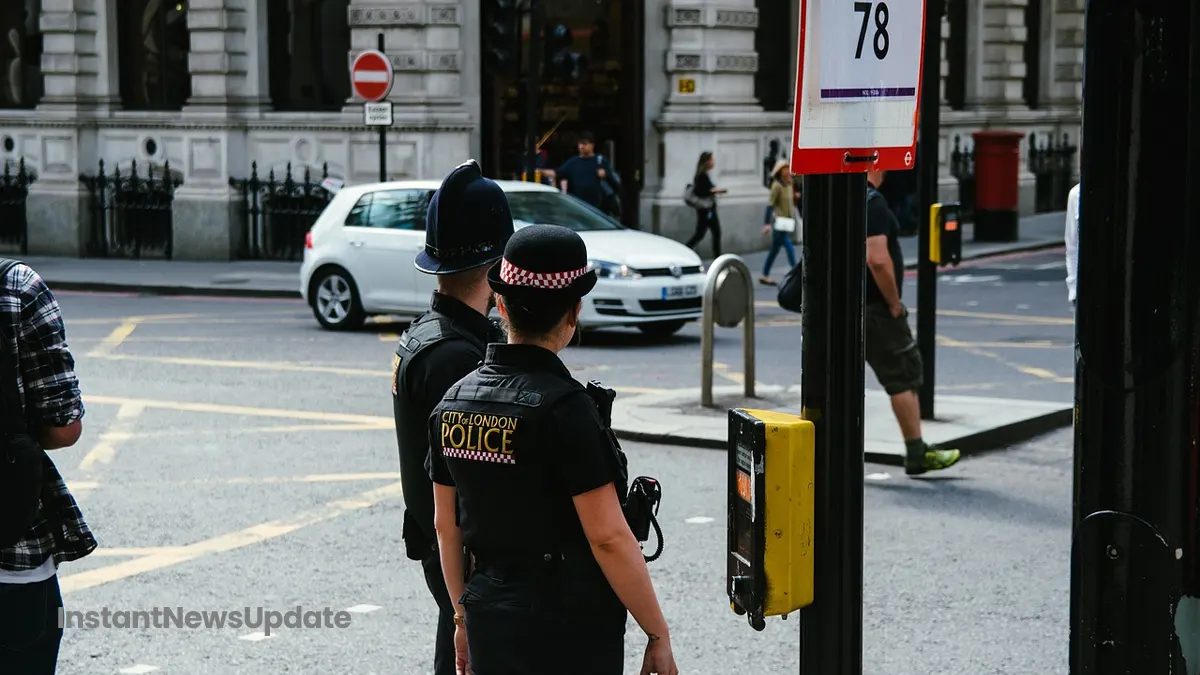Introduction
Rishi Sunak, the Chancellor of the Exchequer, has taken a strong stance against alleged Chinese interference in the United Kingdom’s democratic processes. The matter was raised during a meeting with Chinese Premier Li Qiang at the G20 summit in India, marking a significant diplomatic development.
Concerns Over Chinese Interference
During the encounter, Prime Minister Sunak expressed deep-seated apprehensions regarding the apparent involvement of Chinese entities in the UK’s parliamentary affairs. These concerns have arisen following the recent arrest of a parliamentary researcher suspected of espionage on behalf of China.
Espionage Scandal Unfolds
The espionage scandal unfolded when a British parliamentary researcher, believed to be in his late twenties, was apprehended under suspicion of spying for China. The suspect reportedly had connections with several senior Tory MPs, some of whom had access to classified and highly sensitive information.
Researcher’s Background
The arrested individual had worked alongside Members of Parliament for several years, focusing on international policy matters, including relations with China. Notable figures among those he worked with include Tom Tugendhat, the security minister, and Alicia Kearn, the chairwoman of the foreign affairs committee.
Police Investigations
The Metropolitan Police’s counter-terrorism command, responsible for overseeing espionage-related offenses, is currently conducting a comprehensive investigation into the matter. Two arrests were made on March 13: one in Oxfordshire and the other in Edinburgh.
China’s Escalation Worries Officials
According to a senior Whitehall source, this development represents a significant escalation in Chinese interference activities. Such an extensive operation had not been witnessed before, raising concerns among UK security officials.
Recruitment Suspicions
Security officials fear that the suspect may have been recruited during his time living and working in China, further highlighting the extent of the alleged espionage operation.
Legal Action
Both arrested individuals were taken into custody under suspicion of offenses under section one of the Official Secrets Act 1911. They were subsequently released on police bail, with a court date set for early October.
MPs’ Responses
Tom Tugendhat, the security minister, confirmed that he had not been in contact with the arrested individual since assuming his ministerial role last September. In contrast, Alicia Kearn declined to comment, emphasizing the importance of safeguarding ongoing investigations.
Hostile State Tactics
Sources close to Alicia Kearn and Tom Tugendhat suggested that their strong advocacy for legislative changes regarding China may have made them targets of such actions. Hostile states often target individuals who promote policies contrary to their interests.
MI5’s Warning
Ken McCallum, the head of MI5, has previously emphasized that the Chinese Communist Party poses a significant strategic challenge to the UK’s national security.
Commons Intelligence and Security Committee Report
The Commons Intelligence and Security Committee had previously issued a report in July, expressing concerns about China’s extensive and aggressive targeting of the UK. The report also highlighted the need for government departments to bolster their resources and expertise to effectively counter this threat.
Calls for Comprehensive Response
Yvette Cooper, Labour’s shadow home secretary, stressed the seriousness of the situation and called for a more comprehensive national security response to address evolving threats and challenges from countries like China.
In a related security concern, the government faces questions regarding the escape of a prisoner charged with national security offenses.







